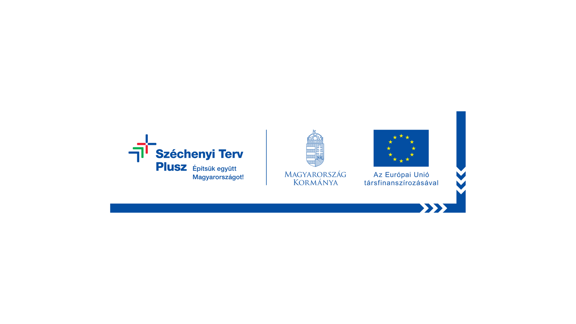Content on this website may not be accurately translated due to the limitations of the translation software from Google Translate. The official text is the English language version of the website. Any discrepancies or differences created in the translation are not binding and have no legal effect. If questions arise in relation to the accuracy of the information mentioned on the translated website, please refer to the English version of the website.
Bisphenol A (BPA) regulation update

Bisphenol A (BPA) is a chemical that is mainly used in combination with other chemicals to manufacture plastics and resins. It is for example used in polycarbonate plastics, a transparent, rigid plastic which in turn is used to make plastic beverage bottles, tableware, and storage containers. BPA is also used to produce epoxy resins found in protective coatings and linings for food and beverage cans.
All of these applications follow the strict requirements defined by the Regulations (EU) No 10/2011 and (EU) 2018/213. BPA has been reviewed by the European Food Safety Authority or EFSA on several occasions since 2014. In their opinion issued in April 2023, EFSA outlines a reduction in the tolerable daily intake (TDI) to 0.2 ng / kgbw (nanogram per kilogram of body weight) which is 20,000 times lower than the 2015 limit. Based on the conclusions of the EFSA the European Commission has published a new regulation (EU 2024/3190[1]) on the use of bisphenol A (BPA) and other bisphenols and bisphenol derivatives in food contact articles. This new regulation amends the plastics regulation EU no. 10/2011 and repeals the existing epoxy regulation EU 2018/213 as of January 20, 2025.
The new regulation prohibits the use of Bisphenol A in food contact articles and provides transition periods. The transition periods for placing products on the market are 18 months for internal lacquers (some exceptions apply) and 36 months for external lacquers. That means cans containing internal BPA coatings and linings can be sold to fillers until July 20, 2026. Cans containing external BPA coatings and linings can be sold to fillers until January 20, 2028. When it comes to existing stock, fillers have 1 year after the transition period to fill cans already purchased. We are actively calling on customers to convert as soon as possible to transfer to cans with coatings that do not contain BPA in their chemical composition.
With the experience from the BPA non intentionally added (BPA-NI) coatings in the French market, Trivium Packaging has proactively worked to find alternatives to BPA over the past few years. At Trivium we are ready to switch the vast majority of our internal lacquers and are well on the way in the qualification process of the external lacquers.
As a leader in metal packaging and sustainability, our shared purpose is to shape the future of packaging to ensure a better planet for everyone – today and for generations to come.
Contact your account manager today about how you can start converting to metal packaging with coatings that do not contain BPA in their chemical composition.
Disclaimer
Although all reasonable and diligent care has been used to ensure that the information provided in this communication is accurate, complete and up-to-date, nothing contained herein shall, or may, be construed to imply any representation or warranty of any kind, including but not limited to, any representation or warranty as to the accuracy, currency or completeness of this information. Trivium Packaging has no obligation to update any statements contained in this report, unless required by applicable law.



